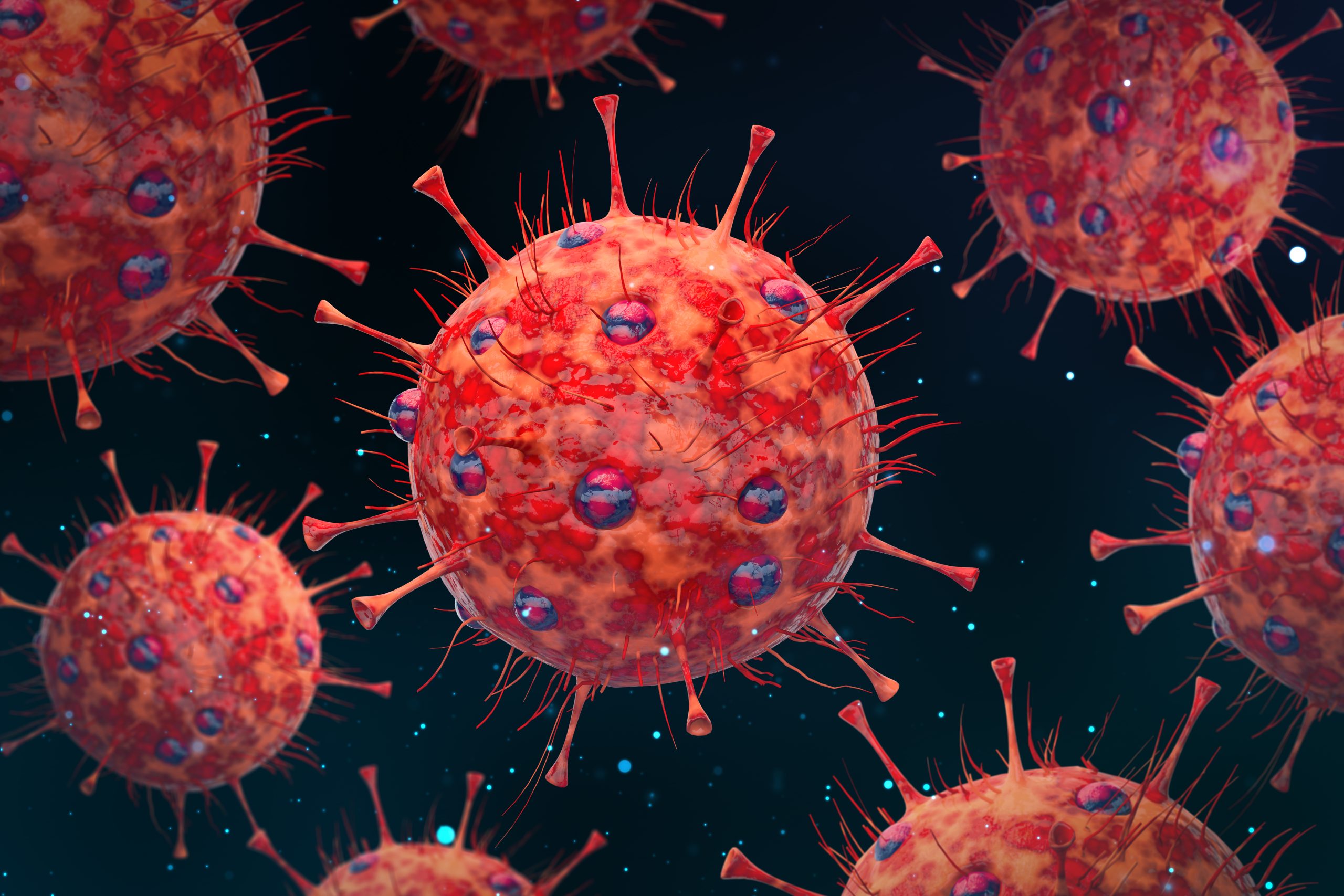There are certain phrases that Wachuka Gichohi finds difficult to hear after enduring four years of living with long COVID, marked by debilitating fatigue, pain, panic attacks and other symptoms so severe she feared she would die overnight.
Among them are normally innocuous statements such as, “Feel better soon” or “Wishing you a quick recovery,” the Kenyan businesswoman said, shaking her head.
Gichohi, 41, knows such phrases are well-intentioned. “I think you have to accept, for me, it’s not going to happen.”
Recent scientific studies shed new light on the experience of millions of patients like Gichohi. They suggest the longer someone is sick, the lower their chances of making a full recovery.
The best window for recovery is in the first six months after getting COVID-19, with better odds for people whose initial illness was less severe, as well as those who are vaccinated, researchers in the United Kingdom and the United States found. People whose symptoms last between six months and two years are less likely to fully recover.
For patients who have been struggling for more than two years, the chance of a full recovery “is going to be very slim,” said Manoj Sivan, a professor of rehabilitation medicine at the University of Leeds and one of the authors of the findings published in The Lancet.
Sivan said this should be termed “persistent long COVID” and understood like the chronic conditions myalgic encephalomyelitis/chronic fatigue syndrome, or fibromyalgia, which can be features of long COVID or risk factors for it.
WANING ATTENTION
Long COVID, defined as symptoms persisting for three months or more after the initial infection, involves a constellation of symptoms from extreme fatigue to brain fog, breathlessness and joint pain.
It can range from mild to utterly disabling, and there are no proven diagnostic tests or treatments, although scientists have made progress on theories about who is at risk and what might cause it.
One British study suggested almost a third of those reporting symptoms at 12 weeks recovered after 12 months. Others, particularly among patients who had been hospitalized, show far lower rates of recovery.
In a study run by the UK’s Office for National Statistics, two million people self-reported long COVID symptoms this past March. Roughly 700,000, or 30.6%, said they first experienced symptoms at least three years previously.
Globally, accepted estimates have suggested between 65 million and 200 million people have long COVID. That could mean between 19.5 million and 60 million people face years of impairment based on the initial estimates, Sivan said.
The United States and some countries like Germany continue to fund long COVID research.
But more than two dozen experts, patient advocates and pharmaceutical executives told Reuters that money and attention for the condition is dwindling in other wealthy countries that traditionally fund large-scale studies. In low- and middle-income countries, it was never there.
“The attention has shifted,” said Amitava Banerjee, a professor at University College London who co-leads a large trial of repurposed drugs and rehabilitation programmes.
He says long COVID should be viewed as a chronic condition that can be treated to improve patients’ lives rather than cured, like heart disease or arthritis.
‘PROFOUNDLY DISABLING’
Leticia Soares, 39, from northeast Brazil, was infected in 2020 and has battled intense fatigue and chronic pain ever since. On a good day, she spends five hours out of bed.
When she can work, Soares is a co-lead and researcher at Patient-Led Research Collaborative, an advocacy group involved in a review of long COVID evidence published recently in Nature.
Soares said she believes recovery seldom happens beyond 12 months. Some patients may find their symptoms abate, only to recur, a kind of remission that can be mistaken for recovery, she said.
“It’s so profoundly disabling and isolating. You spend every time wondering, ‘Am I going to get worse after this?'” she said of her own experience.
Soares takes antihistamines and other commonly available treatments to cope with daily life. Four long COVID specialist doctors in different countries said they prescribe such medicines, which are known to be safe. Some evidence suggests they help.
Others have less success with mainstream medicine.
Gichohi’s illness was dismissed by her doctor, and she turned to a functional medicine practitioner, who focused on more holistic treatments.
She moved out of her hectic home city of Nairobi to a small town near Mount Kenya, policing her activity levels to prevent fatigue and receiving acupuncture and trauma therapy.
She has tried the addiction treatment naltrexone, which has some evidence of benefit for long COVID symptoms, and the controversial anti-parasitic infection drug ivermectin, which does not but she says helped her.
She said shifting from “chasing recovery” to living in her new reality was important.
A piecemeal treatment approach is to be expected while research progresses, and perhaps longer-term, said Anita Jain, a long COVID specialist at the World Health Organization.
Meanwhile, long-haulers face a new challenge with each spike in COVID cases. A handful of studies have suggested re-infection can exacerbate existing long COVID.
Shannon Turner, a 39-year-old cabaret singer from Philadelphia, got COVID in late March or early April of 2020.
She was already living with psoriatic arthritis and antiphospholipid antibody syndrome, autoimmune diseases for which she regularly took steroids and an immunotherapy. Such conditions may increase the risk of developing long COVID, researchers say.
This past summer, Turner got COVID again. Once again, she is extraordinarily tired and uses a walker for mobility.
Turner is determined to pursue her music career despite ongoing pain, dizziness and a racing heart rate, which regularly land her in hospital.
“I don’t want to live my life in bed,” she said.
(Reuters)














